8 Weirdest Presidential Nicknames
“Tricky Dick,” “Big Steve,” and “Dude” aren’t the type of nicknames you’d expect to hear in the Oval Office, but these are just a few of the names that have been given to our heads of state. Here’s a list of eight weird presidential nicknames and the stories behind them.
1. Abraham “The Grand Wrestler” Lincoln
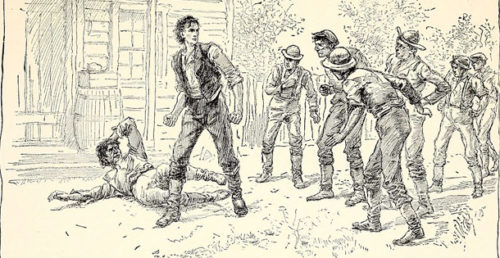
Lincoln is known not only for his unmatched honesty but for his successful wrestling career as well — which earned him the nickname “The Grand Wrestler.” He was so successful, historians have found only one instance of Lincoln losing a wrestling match. He also helped create a move called the “choke slam” after he picked up his opponent by the throat and literally slammed him onto the ground.
Honest Abe was inducted into the National Wrestling Hall of Fame in 1992.
2. Chester “The Dude President” Arthur
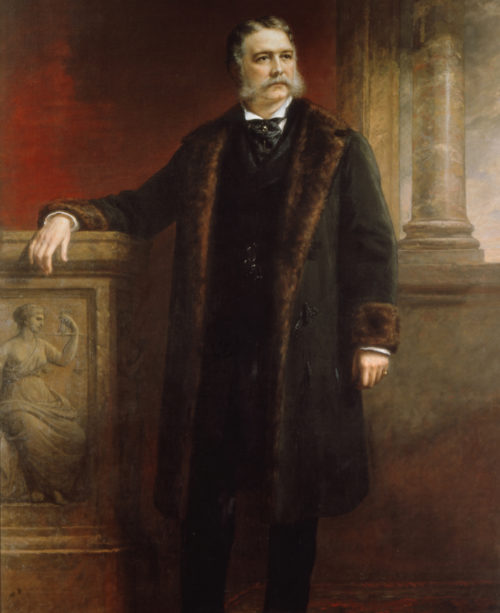
In the late 1800s, the word dude was, in the words of linguist Arika Okrent, “a term of mockery for young men who were overly concerned with keeping up with the latest fashions.” Chester A. Arthur got his unusual nickname because of his lifestyle and love for fashion, sometimes at taxpayer expense. For example, after he became president following James Garfield’s assassination in 1881, he wasted no time spending over $30,000 ($2 million in today’s money) renovating the White House to better accommodate his parties.
Arthur was also no workaholic. He openly voiced his distaste for living in the place he worked and refused to work on Sundays and Mondays.
3. Benjamin “The Human Iceberg” Harrison
Benjamin Harrison was the polar opposite of the socialite President Arthur, so much so that some derisively called him “The Human Iceberg.” He got his nickname because, although he could warmly engage with a crowd during speeches, he was said to be very cold and detached in person. He wasn’t often described as a mean or aggressive man, simply aloof, even among his staff.
4. Richard “Tricky Dick” Nixon
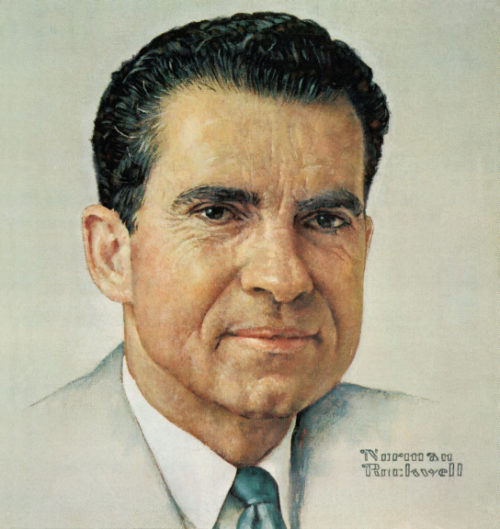
Richard Nixon earned the nickname “Tricky Dick” 22 years before Watergate in a 1950 Senate election. He was running against Helen Gahagan Douglas, a new age democrat who had been a Broadway star in the ’20s. At the height of the McCarthy era, Nixon centered his campaign not on Douglas’ platform, but on her affiliation with actors who had been accused of engaging in communist activities. This tactic was enough to win Nixon the seat and the nickname.
5. Lyndon “Light Bulb” Johnson
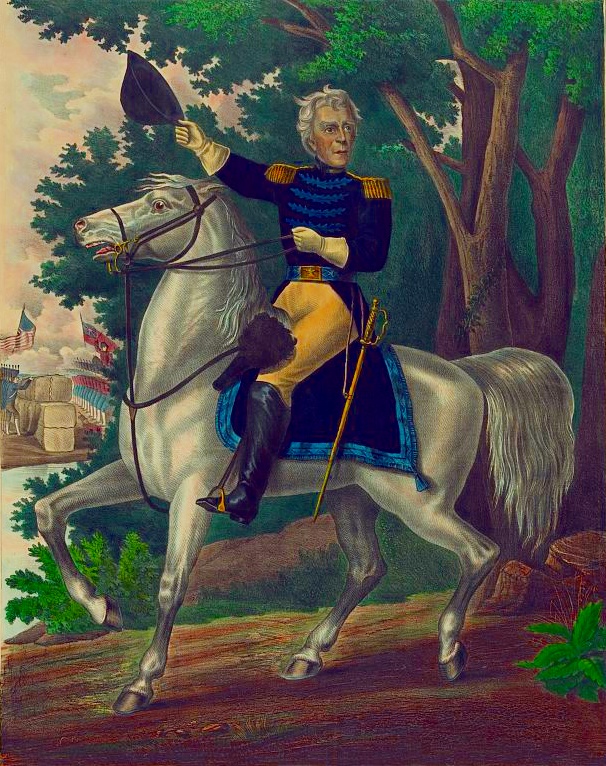
Lyndon B. Johnson took being a president “for the people” to the extreme. He was known among White House officials for running around every night and shutting off every unnecessary lights so that he wasn’t “wasting the tax payers’ money.”
6. Andrew “Old Hickory” Jackson
Andrew Jackson had an impressive military career before he became president. His nickname comes from his time in the service and was given to him by his troops. After the War of 1812, Andrew was ordered to disband his regiments. Instead of stranding them where they were, Jackson committed his own finances and time to get his troops home. He and his fellow generals offered their horses to the sick and walked alongside their men for much of the journey. This dedication led to the nickname “Old Hickory” because hickory is one of the strongest and hardest woods native to the United States.
7. Grover “Big Steve” Cleveland
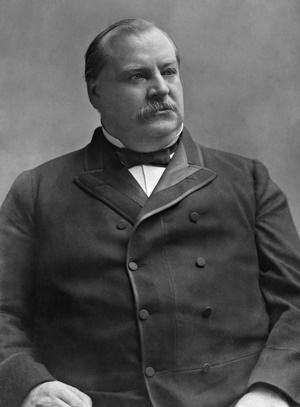
Stephen Grover Cleveland ditched his first name in 1881 after his friends adopted the nickname “Big Steve.” The 250-pound Cleveland couldn’t escape the public’s fat-shaming for long, though: During his time as governor of New York, he acquired the name “Uncle Jumbo.” This avuncular epithet helped create an image that appealed to voters, family, and friends alike, and due to his ever-increasing weight, the name followed him throughout his life.
8. Herbert “The Great Humanitarian” Hoover
Herbert Hoover is arguably one of the most disliked presidents in American history. He had the misfortune of being president during the Great Depression, and for the most part, it seemed he did little to help. Before his presidency, though, he was seen as a generous man who gave to the poor and helped feed the hungry. He did everything from risking his life to save a couple of Chinese children to helping finance feeding the entire country of Belgium after it was overrun by Germany.
However, Hoover also refused to fund large-scale relief programs during the Depression that could have alleviated hunger and suffering for hundreds of American citizens, so there is debate over how genuine his selflessness was.
